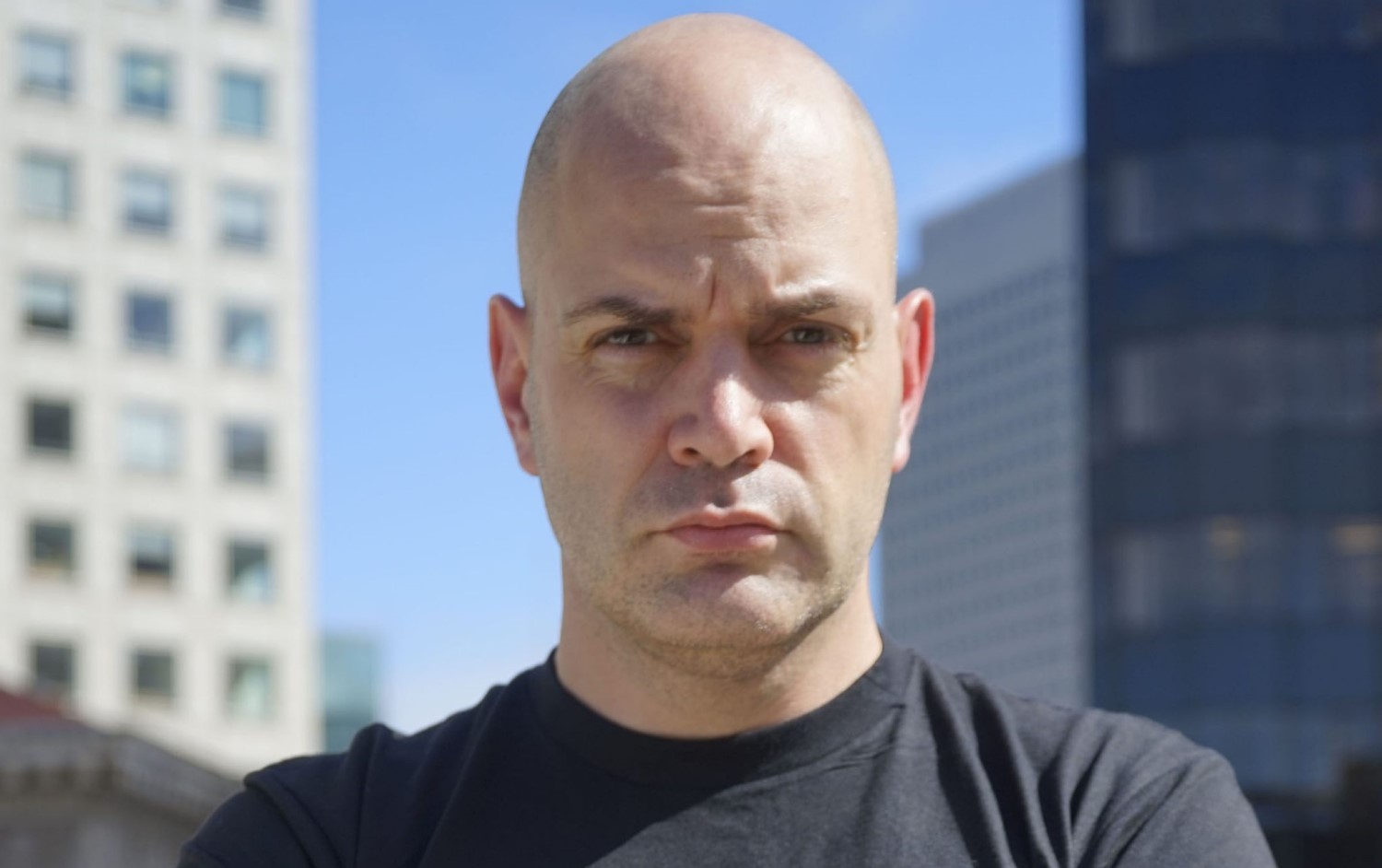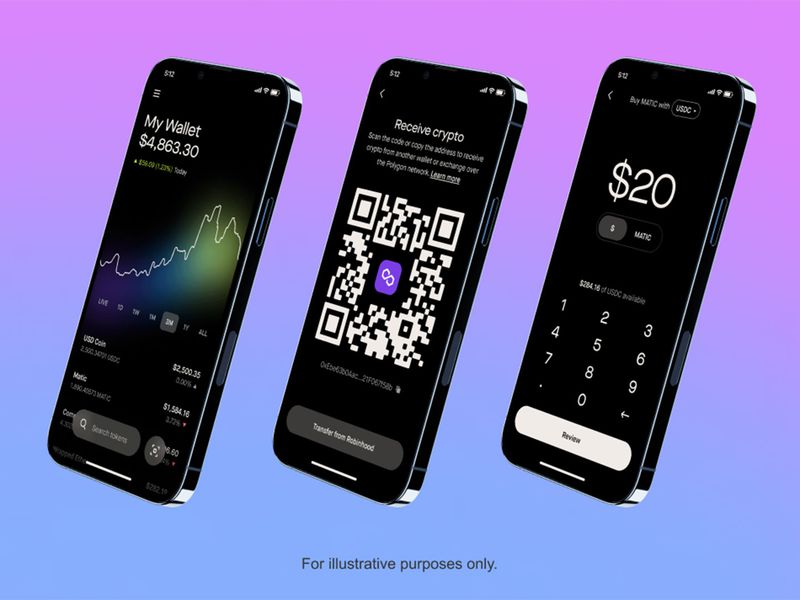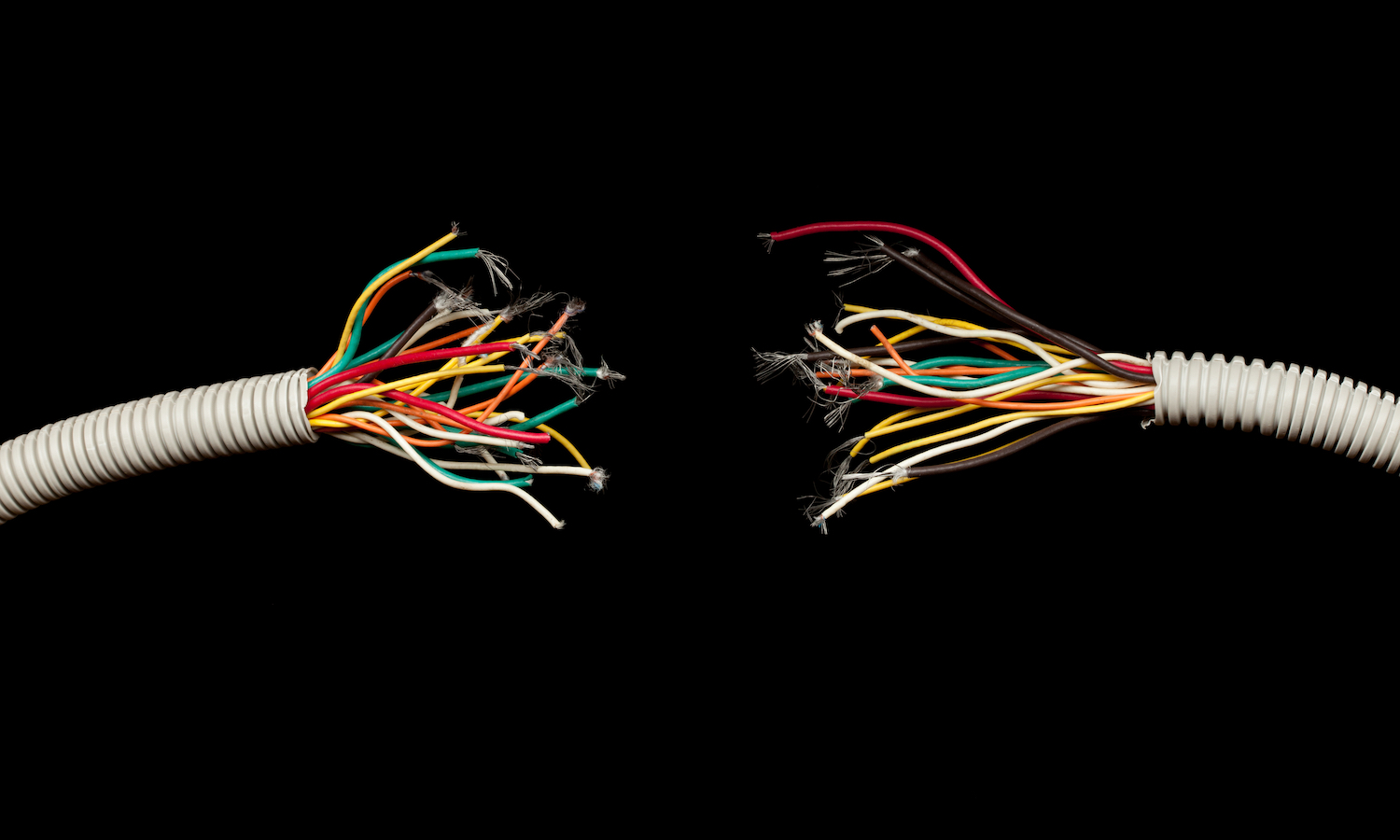Self-styled crypto skeptic Michael Hsu, the acting head of the U.S. Office of the Comptroller of the Currency (OCC), said tokenization of assets is a serious advance into the future of finance, but decentralized blockchains may be too problematic to handle that movement.
Achieving decentralization, security and scale all at once “is not possible with a public blockchain,” Hsu said at an American Bankers Association event on Friday.
“As a result, the crypto industry remains largely self-referential and disconnected from the real world,” he said. The sector is “immature and rife with risks, despite several years in the mainstream spotlight, billions of dollars of venture capital investment and millions of hours of code commits.”
Though U.S. banking regulators including the OCC have warned the institutions they regulate that involvement in crypto needs exacting scrutiny, a number of financial firms – including Wall Street banks – have experimented with managing their own blockchain projects. Hsu said such “centrally operated, trusted blockchains have the potential to deliver security and achieve scale efficiently.” He added that tokenization “does not require decentralization and trustlessness.”
“With tokenization, the instruction, transaction, and settlement can theoretically be collapsed into a single step, removing those frictions – provided, of course, that the technology is interoperable with central bank money and real-world settlement systems,” he said. “The legal foundations for tokenization need to be developed.”
Edited by Sheldon Reback.









